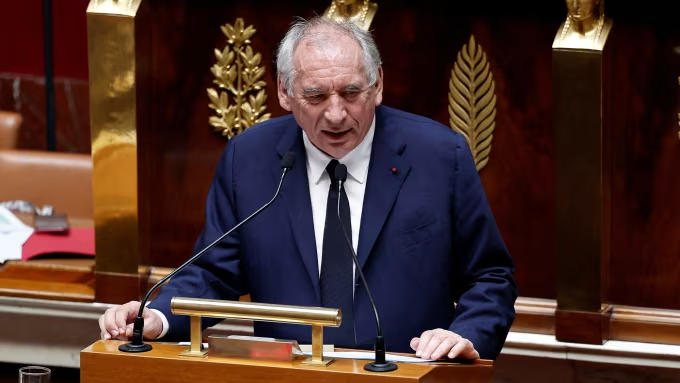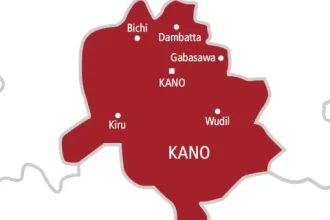French Prime Minister, François Bayrou, was ousted on Monday in a no-confidence vote, plunging the country into a political crisis at a time of rising economic pressures and geopolitical uncertainty.
A total of 364 lawmakers voted against Bayrou, far exceeding the 280 votes required to remove him, while 194 MPs supported him.
The vote followed Bayrou’s push for a controversial €44 billion ($51 billion) savings plan, which included eliminating two public holidays and freezing government spending—moves that had drawn widespread public criticism.
After just nine months in office, Bayrou is expected to submit his resignation to President Emmanuel Macron on Tuesday, echoing the fate of his predecessor, Michel Barnier, who lost a no-confidence vote last December.
The political upheaval has unnerved investors. French government bond yields have climbed above those of Spain, Portugal, and Greece, nations once at the center of the eurozone debt crisis.
A possible downgrade of France’s sovereign debt rating, expected later this week, could further damage the country’s financial standing.
Addressing lawmakers before the vote, Bayrou said, “You have the power to bring down the government, but you do not have the power to erase reality. Expenses will continue to rise, and the burden of debt, already unbearable, will grow heavier and more costly.” He added, “We broke the social contract with younger generations.”
The current crisis traces back to Macron’s decision last year to call a snap parliamentary election after the far-right National Rally performed strongly in the European Parliament elections.
The move fractured the political landscape, leaving the president’s party weakened in a parliament split between far-right, far-left, and centrist factions.
What Lies Ahead
Calls for Macron to step down have intensified, though he remains committed to serving his term. Far-right leader Marine Le Pen has demanded the dissolution of parliament, but new elections could further boost her party while deepening parliamentary divisions.
Macron could also appoint a caretaker government while searching for a new prime minister.
Armed Forces Minister Sébastien Lecornu and Justice Minister Gérald Darmanin are seen as potential successors, though any new centrist appointment risks an immediate no-confidence vote from opposition parties.
Selecting a prime minister from the right or left also faces gridlock, with each side ready to block a rival candidate.
The next government will face an equally contentious budget debate. Socialists favor higher taxes on the wealthy and reversing Macron’s business tax cuts, policies opposed by the conservative Les Républicains, key coalition partners. Analysts suggest a resolution to France’s fiscal challenges remains elusive.
Polls indicate that in a potential snap election, the National Rally could emerge as the dominant party, followed by the left, while Macron’s centrists lag behind.
Many observers now anticipate a far-right rise to power, if not immediately, then by the 2027 presidential election, though few believe it would resolve France’s economic and political problems.
Public trust in political institutions is at a low point. The far left has called nationwide protests for Wednesday under the banner “Bloquons tout” (“Let’s block everything”), with trade unions planning further mobilizations on September 18.
The turmoil comes amid ongoing global crises, including conflicts in Ukraine and the Middle East, creating a scenario that critics say could be exploited by international actors like Russian President Vladimir Putin and U.S. President Donald Trump, who have previously highlighted Europe’s vulnerabilities.







